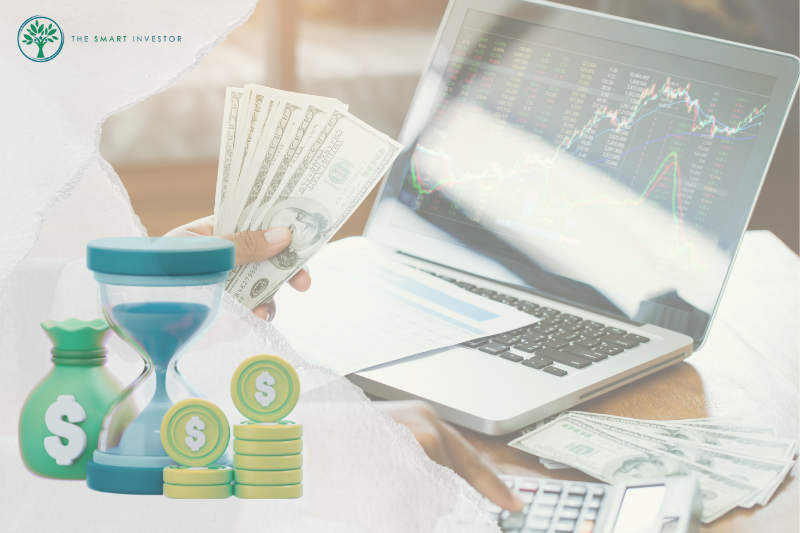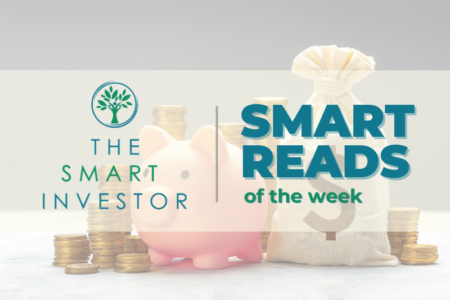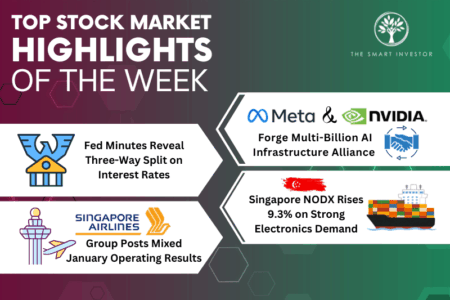The German highway, the Autobahn, has large sections with no speed limits.
But be warned, my German friends tell me, there is always someone going faster than you.
You could say the same for investing.
Increasingly, investing is characterised by a flood of information, delivered faster with a quicker market reaction to boot.
Here’s the rub: it’s an unfair game.
If you are looking to react faster to news, you’ll be coming up against high-frequency traders who are transacting a huge number of orders in fractions of a second.
You’re out of luck.
Meanwhile, a ton of information is served up, all dressed up to sound more important than they are.
Sure, generative AI (GenAI) can help you summarise — but can it tell you what is worth your time?
After all, time is your most valuable commodity.
There is a limit to what you can focus on, so you shouldn’t give it away cheaply.
The art of slowing down
Here’s the good news: when it comes to investing, the winner is not always the one with the fastest fingers.
While news may reach your eyes faster, the actual change in businesses takes time to materialise.
Thus, even if you react faster, it doesn’t necessarily mean you will be right.
Need an example?
In my Business Time article last Wednesday, I highlighted how the initial hype over DeepSeek in late January 2025 has largely died down.
In the process, those who sold Nvidia (NASDAQ: NVDA) right after the DeepSeek news broke out will be rueing the fact that the GPU provider has delivered revenue gains of 78% and 69% year on year, respectively, for the past two quarters.
In turn, shares have risen by nearly 45% from their January low.
What did it take to achieve this outcome?
All of six months.
In other words, slowing down, taking your time to assess the situation, and listening to the contrasting arguments will lead to better outcomes.
What’s the rush again?
Yet, cynics may not be convinced.
But what if a threat turns out to be real and you were right to sell?
It’s possible, of course.
Here’s a common narrative: BlackBerry’s (NYSE: BB) reign as the go-to device in the corporate world was cut short by the rapid rise in popularity of Apple’s (NASDAQ: AAPL) iPhone and Alphabet’s (NASDAQ: GOOGL) Android.
In other words, a new technology emerges “out of nowhere” to derail the incumbent.
To be fair, there is some truth in this assertion.
Indeed, Blackberry’s revenue today is less than a fifth of what it was in fiscal 2007, the year when the iPhone was launched.
It’s easy to assume that the decline was immediate, but the opposite is true.
Between fiscal 2007 and fiscal 2011, the Canadian company’s sales actually soared by over sixfold from US$3 billion to almost US$20 billion.
In other words, Blackberry experienced a period of tremendous growth for over four years before its business began to falter.
At this point, ask yourself: did Blackberry see the iPhone threat coming?
The answer is YES.
If that’s the case, was Blackberry’s disruption caused by the “sudden” emergence of Apple’s iPhone or was it because Blackberry failed to adapt?
The latter reason sounds more plausible to me.
Get Smart: Judgement for the long term
At the Smart All Stars Portfolio, we’ve spent decades studying different businesses.
Over time, you will get a sense of what’s going to work and what will not.
Such judgment requires mileage, an intuition investors can develop over time.
It’s not perfect, of course.
After all, nobody scores 10/10 for every stock pick they make.
Then again, if you can increase your odds of positive outcomes, you’ll be surprised at how much more returns you can generate if you simply keep learning.
Most of all, focus on the long term.
In the short term, anything can happen.
But over the long run, it’s the businesses that continue to grow that will surprise you on the upside.
When headlines feel chaotic, you need ‘Get Smart’, our weekly newsletter. Each issue helps you focus on what matters, explaining stocks and strategies in plain language, and pointing you toward dividend-payers that can hold steady when the world doesn’t. Sign up now for free and get ready for our next issue in your inbox.
Follow us on Facebook, Instagram and Telegram for the latest investing news and analyses!
Disclosure: Chin Hui Leong owns shares of Alphabet (since 2011) and Apple (since 2010).





